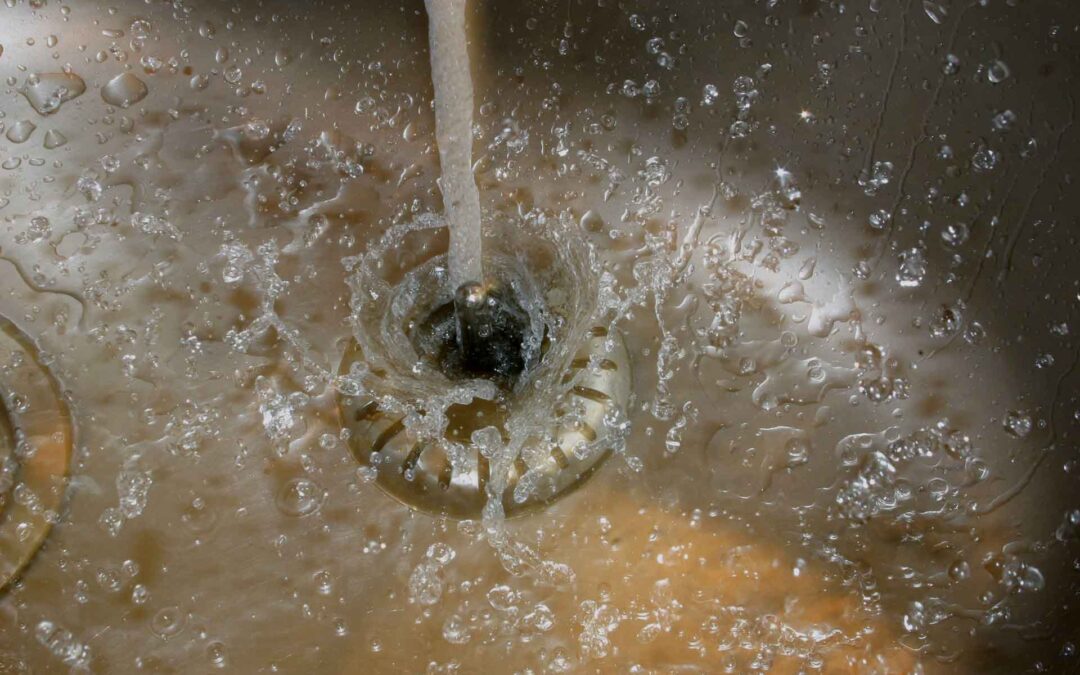Greywater is the term applied to water that has been used in the home for washing. Dishwater, shower or tub water, sink water, and laundry water are the most prevalent sources of greywater. Any household wastewater other than toilet water qualifies for this designation.
In this age of environmental awareness, greywater recycling is an important component of an overall conservation plan. Fifty to eighty percent of residential wastewater is considered greywater.
There is a strong case for recycling greywater. As our freshwater supply dwindles, it’s become increasingly important to conserve water wherever possible. Household water use is often split almost evenly between indoor and outdoor use. If a household recycles greywater for outdoor use, far less freshwater is subtracted from nature. It’s important to note that greywater helps maintain a flourishing landscape during rain scarcity or drought conditions. Any water the plants don’t use helps recharge the groundwater.
In addition, recycling greywater benefits septic systems by reducing their workload which extends their viability as well lengthening the time between pump outs. A decrease in the flow of wastewater through municipal systems increases the effectiveness of water treatment, lowering operational costs.
Septic systems that are slow to percolate can benefit from the addition of a greywater system, possibly saving the cost of an entirely new septic system. Households that rely on well water can reduce the load on their pumping system by recycling greywater, which may well extend the life of their pumps.
What’s the best way to implement greywater recycling? A simple, but labor-intensive method is to collect greywater in buckets and carry the water outdoors (or use it to flush the toilet) every time they fill.
Most people prefer an installed system. One common system is ‘laundry to landscape.’ Typically, laundry pipes are exposed, often on an exterior wall of the house. This makes them ideal for use in greywater recycling. It’s also possible to use other home drains that are accessible.
There are also systems that use sink waste to flush your toilets. Ask your plumbing professional which system is most practical for you.


